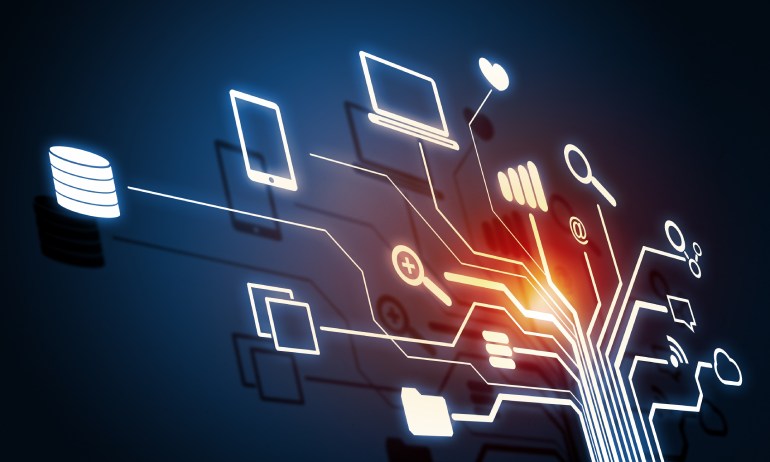 As adesso said right at the beginning of the Corona crisis, the stability of long-term forecasts has been completely turned upside down since the pandemic and has led to high volatility in forecasting trends and planning uncertainty for companies.
As adesso said right at the beginning of the Corona crisis, the stability of long-term forecasts has been completely turned upside down since the pandemic and has led to high volatility in forecasting trends and planning uncertainty for companies.
In fact, many forecasting models are failing in the current crisis situation, which is why it is high time to take active countermeasures. Where in "normal times" decision-makers derived action-guiding forecasts from the AI analysis of large amounts of data, companies are struggling with completely changed framework conditions.
Being able to predict customer behavior, the hotline or machine utilization, today has two main reasons.
- Firstly, the data situation has changed radically in terms of quantity and quality. Analysts speak of concept drifts that lead to the formation of new patterns in the data set and bring existing models closer to their expiration date. Recognizing the current radical distortions in customer behavior is the task that companies must now solve as quickly as possible. This applies, for example, to customer sales at banks, call analysis at authorities and call centers or fault forecasts for IT support or technical systems due to changed workloads.
- Secondly, this extreme imbalance in the data has rendered many forecasting models obsolete. It is therefore necessary to adapt the AI models to the changed data situation, because despite the exceptional situation, companies can continue to make forecasts if the experts can quickly make the appropriate adjustments. To do this, the models must be retrained with the current data material and any new influencing variables must be identified and modeled. In addition, deep learning can be used to recognize new patterns, such as neural networks, and recognized patterns can in turn be used for the forecast. To be on the safe side, those responsible should also consider so-called ensemble models which are composed of a large number of different AI models, which means that one-sided adjustments to the individual models can be averaged out and lead to more robust forecasts.
There are opportunities to adapt existing models to the current situation, and thus protect them from becoming obsolete. But what happens when the next concept drift is due? This is already announced with the lifting of current restrictions and shows how crucial it will be to be able to react to changes and the associated deteriorations of the model in the future.
Especially in times when the much-cited data-driven company is increasingly serving as a vision for the future of one's own company, the importance of regulated processes in data science operations is increasing. New operating concepts for AI factories are establishing themselves here, in which well-known approaches from software development, such as agile development, CI/CD or DevOps, are becoming increasingly important.
Expert knowledge is indispensable in order to generate new, perspectively valuable connections from the changed amount of information. In addition to expertise in AI and data science, industry knowledge and speed are required to provide companies with the much-needed, well-founded information for rapid decision support in uncertain times.
By Daniela La Marca


